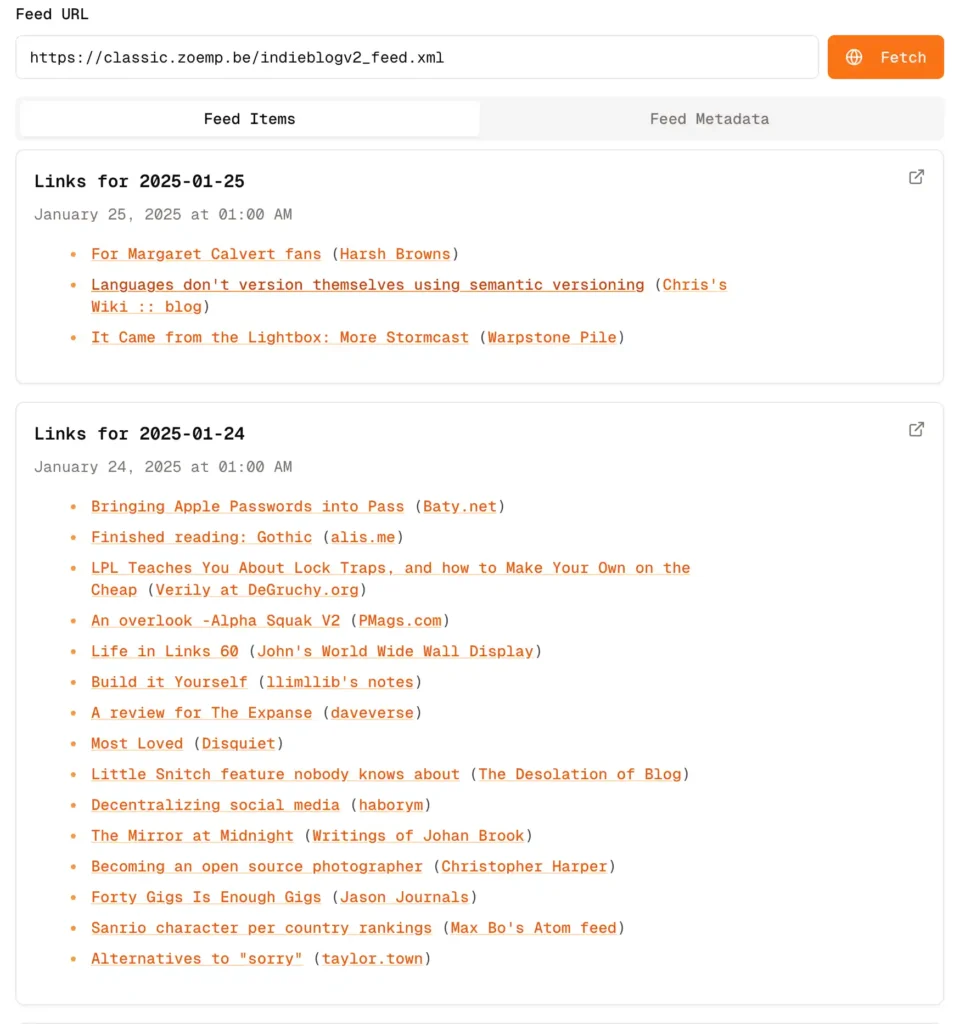There are days when I find myself completely unable to do anything productive because I’m trapped in a very negative, depressive state of mind. I’ve noticed that external triggers often amplify these feelings—if someone criticizes me and I sense there’s truth to it, it can hit me hard. I’ll retreat deep inside myself, erasing any ideas and motivation from my thoughts. On top of that, I become extremely self-critical, turning everything in my life into a disaster—or at least convincing myself that it’s a disaster and that I’m worthless.
In those moments, I can’t even escape through hobbies like writing or drawing. Instead, a sort of darkness overtakes me, paralyzing any sense of positivity, and I end up viewing the world around me through a harsh, cynical lens.While these feelings may sound familiar to some, I’m fortunate in that I can often break free by changing my surroundings or simply letting time pass.
After a while, the negative energy tends to get replaced by a more measured perspective, and little by little, I manage to pull myself out of that awful swamp of self-defeat.What usually follows are lighter, more positive stretches—thankfully—along with a renewed sense of optimism, energy, enthusiasm, patience, and creative inspiration.
However, going through these cycles feels like being a shaken-up bottle. I never quite know where I stand, and I find myself swinging from one extreme to the other. The only comforting thought is that it does eventually pass and, for a time, I end up in a better place.This isn’t exactly new for me. I’ve experienced these ups and downs since at least my late teens, around the age of 17.It’s easy to withdraw into yourself when you don’t have to shoulder the responsibilities of a family you’ve built and love.
Love truly is the greatest gift I’ve been able to nurture and experience. But I can’t say the same for the family I didn’t choose—the one that shaped who I am today, but from which I’ve distanced myself, for better or worse. There are some roads we simply don’t want to revisit, out of fear they’ll reopen old wounds we’re not prepared to face.Unfortunately, many of us realize far too late just how much our childhood influences the adults we become.
I can’t help feeling some bitterness when I see how I’m still dealing with damage caused by adults who, looking back, were less responsible than I would have hoped. In a way, I was accustomed to extremes from a young age, and I’m learning—slowly but surely—to accept them in my life and to handle them with a bit more nuance. Since I’m not above blame or guilt myself, I’m also learning to be more forgiving of other people’s extremes, especially when they’re beyond my control. Some influences lift us up; others drag us down and fill us with anger because they leave us little say in the matter.
In the end, what truly matters is recognizing that these spells of darkness, overwhelming as they may feel, are neither permanent nor definitive of who we are. Each low point offers an opportunity to better understand our emotional triggers, to establish healthier boundaries, and to rediscover our inner resilience. And when the fog finally lifts, we emerge stronger, more compassionate toward ourselves, and better prepared to navigate whatever challenges lie ahead.
